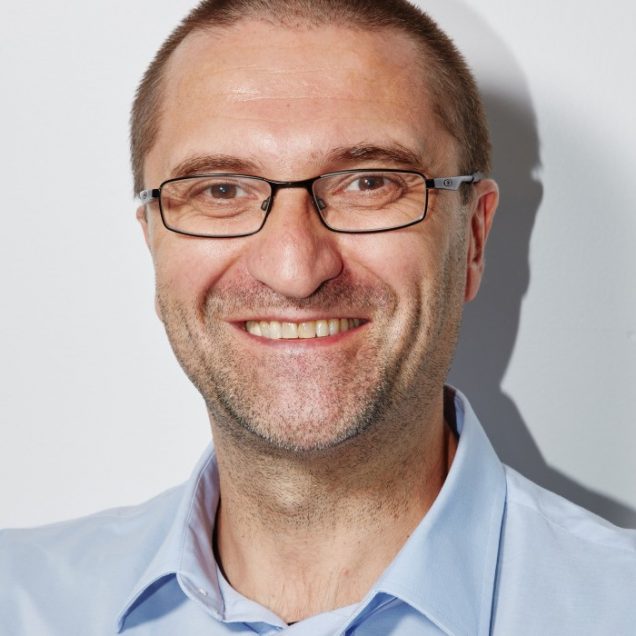Control Seminar
Formal Methods for Safety-Critical Control
This event is free and open to the publicAdd to Google Calendar

Abstract: In control theory, complicated dynamics such as systems of (nonlinear) differential equations are mostly controlled to achieve stability and to optimize a cost. In formal synthesis, simple systems such as finite state transition graphs modeling computer programs or digital circuits are controlled from specifications such as safety, liveness, or richer requirements expressed as formulas of temporal logic. With the development and integration of cyber-physical and safety-critical systems, there is an increasing need for computational tools for controlling complex systems from rich, temporal logic specifications. In the first part of this talk, I will first focus on systems with known dynamics. I will then show how formal methods can be combined with adaptive control and machine learning techniques to control systems with partially known or unknown dynamics.
Bio: Calin Belta is a Distinguished Professor of Mechanical Engineering, Electrical and Computer Engineering, and Systems Engineering at Boston University, where he holds the Tegan Family Fellowship. He is the Director of the BU Robotics Lab. His research focuses on dynamics and control theory, with particular emphasis on cyber-physical systems, formal methods, and applications to robotics and systems biology. Notable awards include the 2008 AFOSR Young Investigator Award, the 2005 National Science Foundation CAREER Award, and the 2017 IEEE TCNS Outstanding Paper Award. He is a Fellow of the IEEE and a Distinguished Lecturer of the IEEE CSS.
*** This Event will take place in a hybrid format. The location for in-person attendance will be room 1303 EECS. Attendance will also be available via Zoom.
Join Zoom Meeting: https://umich.zoom.us/j/95300827589?pwd=SXpxdHI1RW0vNWN2Z2x1NmNxQUJGUT09
Meeting ID: 953 0082 7589
Passcode: XXXXXX (Will be sent via e-mail to attendees)
Zoom Passcode information is also available upon request to Sher Nickrand ([email protected])
This seminar will be recorded and posted to the Control Seminar Webpage.
 MENU
MENU 
